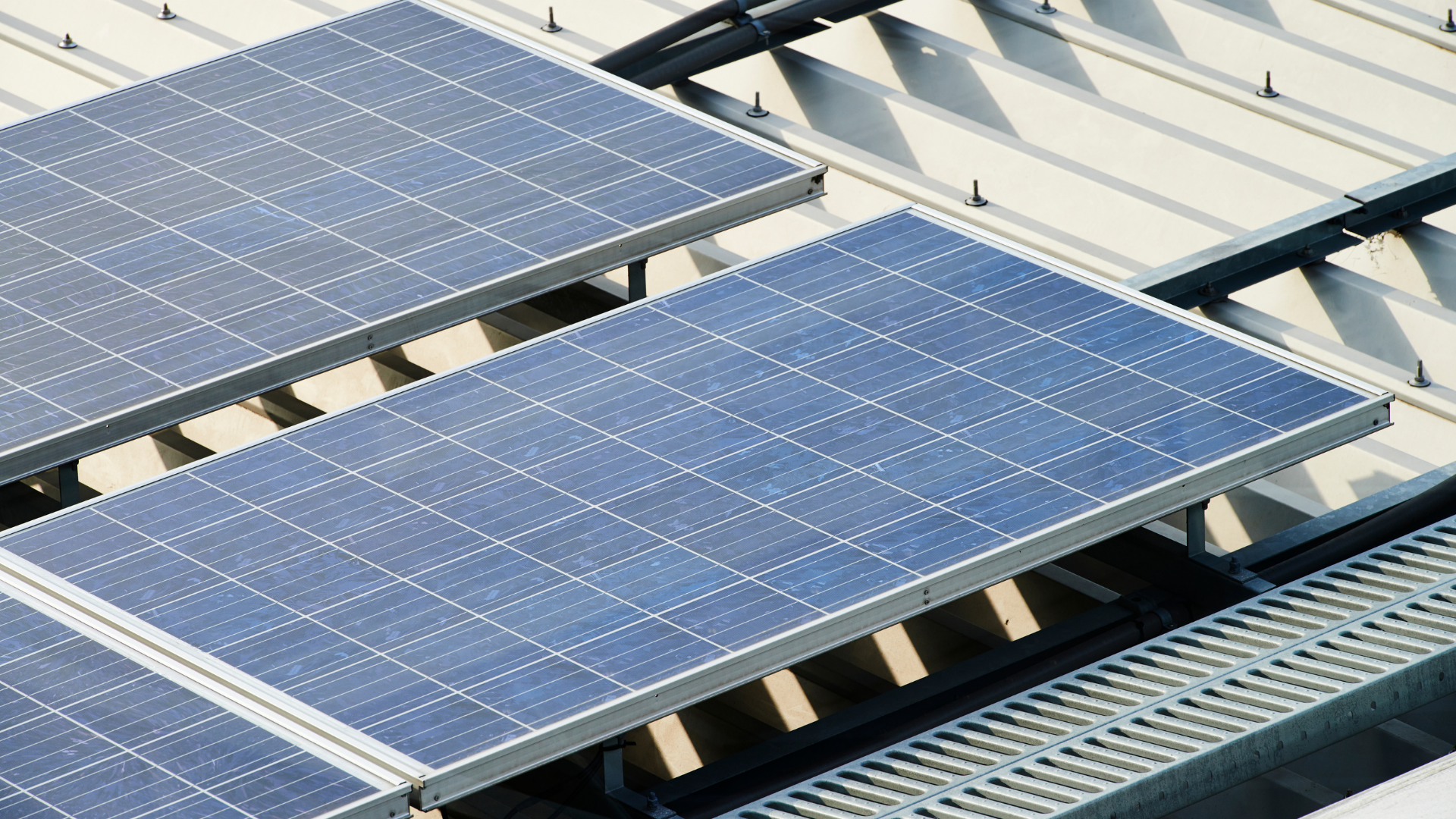- 27.05.2020
Dr. Juergen Voegele
Vice President, Sustainable Development
World Bank Group
Washington, DC 20433 USA
Via electronic mail
Dear Dr. Voegele:
We have been encouraged to learn of the Bank’s increasing commitment to tackle climate change and its impacts on the poorest and most vulnerable, and appreciate your personal engagement to achieve these goals. Of particular importance is the Bank’s work to mainstream climate considerations throughout its portfolio, especially in areas that have traditionally been drivers of greenhouse gas emissions, such as energy, transport, plantation agriculture, and livestock.
To achieve its climate goals, we recognize that the World Bank Group will need to deploy all available tools, including development policy loans (DPLs). DPLs can be a powerful tool and are especially needed by countries struggling to cope with the Coronavirus pandemic. The Bank has an opportunity to formulate DPLs that advance both health and climate goals by supporting policies to curb air pollution, both from fossil fuels and solid cookfuels, which continues to kill millions annually through respiratory diseasesand makes people more vulnerable to respiratory viruses, such as COVID-19. We thus encourage the Bank touse recovery from COVID-19 to:
- Step up renewable energy access for the poor and vulnerable, prioritizing such access for hospitals and clinics that serve them;
- Accelerate transition away from fossil fuels, e.g. bysupporting de-carbonization targets and strategies and increasing their ambition;
- Use policy incentives to speed economy-wide de-carbonization and reduce or eliminate market failures such as fossil fuel producer subsidies, pricing that fails to account for externalities such as greenhouse gas emissions and excess deaths caused by air pollution;
- Improve socio-economic resilience and adaptive capacity, that is, the ability of the population to cope with and recover from shocks;
- Integrate or employ low-carbon technologies, strategies and support their deployment, e.g. promoting energy efficiency and more accessible public transit infrastructure, and remove tax or regulatory obstacles to these;
- Enable sustainable, productive smallholder farming through land titling that benefits the most poor and in need, and improved land and water management policies; and
- Support the restoration of degraded land to improve ecosystem services (such restoring as mangroves to protect against coastal floods).
Combined with these is the need for immediate debt relief to give countries more fiscal space to respond to the crisis in the near term.
At the same time, a serious concern is that DPLs are still being used to facilitate fossil fuel investment. A review by our member organization Urgewald found that of 121 DPLs from FY 2014-18, 42 targeted the oil & gas sector, and 10 targeted mining in countries with coal.[i]
While not all reforms contained in DPL Prior Actions promoted investment in fossil fuels, many did. In light of this, we strongly encourage the Bank to adopt a DPL operational policy that prohibits financing of any Prior Actions and/or associated policies and investment frameworks that promote:
- Investment in or development of fossil fuels or lock-in of carbon- or energy-intensive technologies;
- conversion, deforestation or degradation of natural forests or any forests of high conservation value, inter alia, through industrial logging, conversion of natural forests to tree plantations, or other large-scale agricultural or industrial conversion;
- environmental or cultural losses (e.g., increase deforestation, wetland development, or damage to cultural heritage sites).
Further, we would recommend that the World Bank’s Excluded Expenditures in its DPL legal agreements apply to any expenditure for goods or services intended for coal, oil, or natural gas operations or associated infrastructure. This would be an important step toward ensuring that DPL financial flows are in alignment with the Paris Climate Agreement.
Lastly, we understand that the World Bank has initiated or is planning a review process for its policy lending instrument. We have not received any information on the type of review being undertaken, nor details as to the process and timeline of this review. Such a review is welcome, given the concerns noted above and that OP/BP 8.60 (Development Policy Lending) does not directly address climate impacts. Given the broad impacts this review will have on citizens who will ultimately be impacted by these loans, and that sustainable development requires stakeholder engagement, we encourage the Bank to adopt a process that allows for public consultation on the review process, within a timeline that adheres to good practice. As civil society groups concerned with improving development outcomes, we are keen to engage in such a process. We would greatly appreciate for the Bank to make any information about the review process available and engage civil society as early as possible in such a process.
With kind regards,
Big Shift Global
Cc:
Jürgen Zattler, Executive Director EDS05, Chair, Committee on Development Effectiveness
Alison Evans, Director General, Independent Evaluation Group
[i]https://urgewald.org/shop/world-bank-group-financial-flows-undermine-paris-climate-agreement

